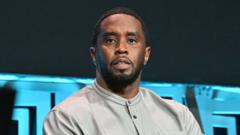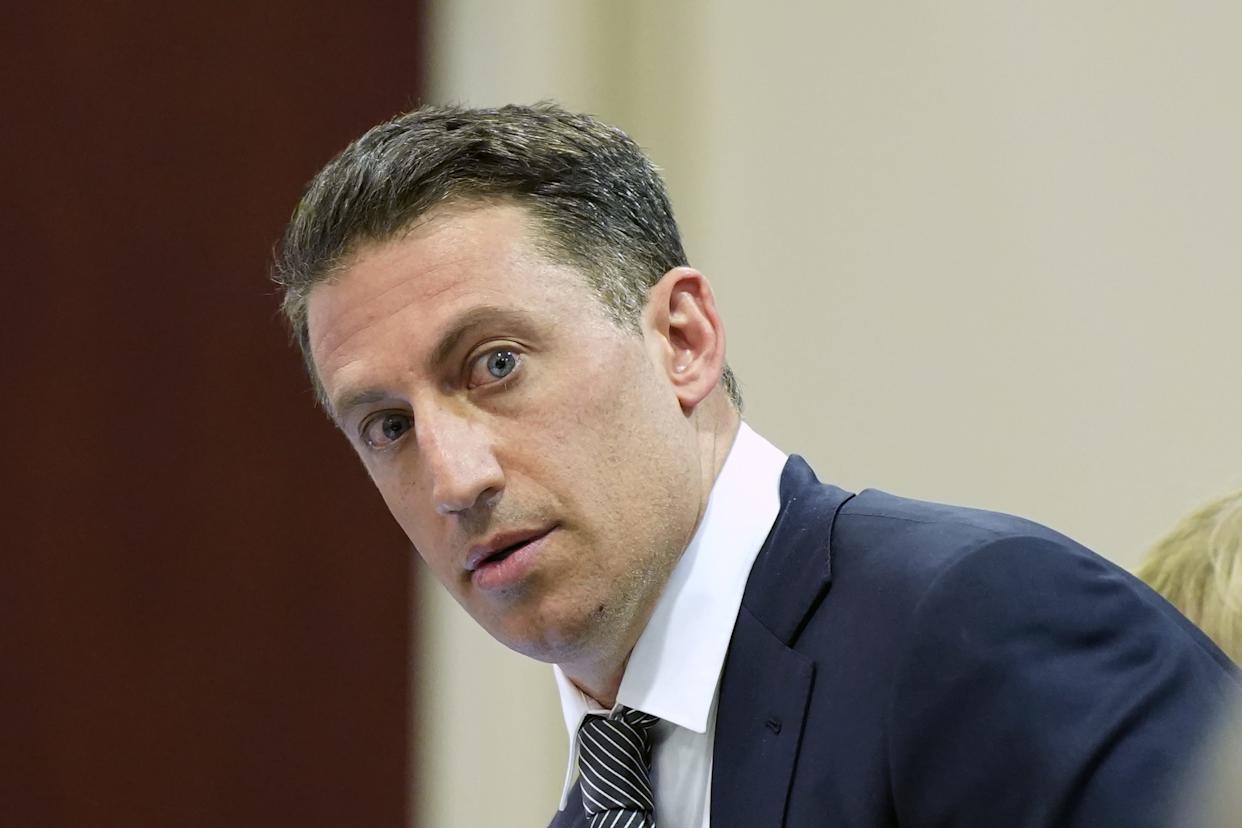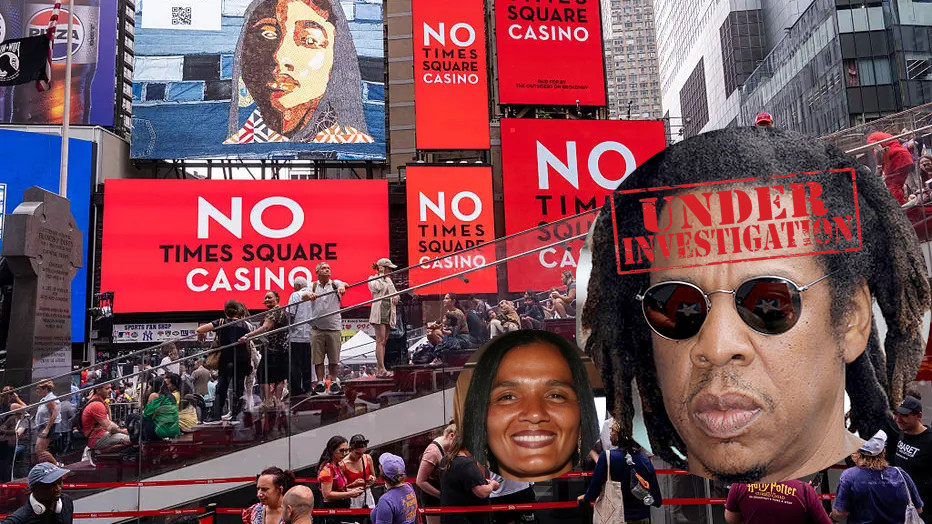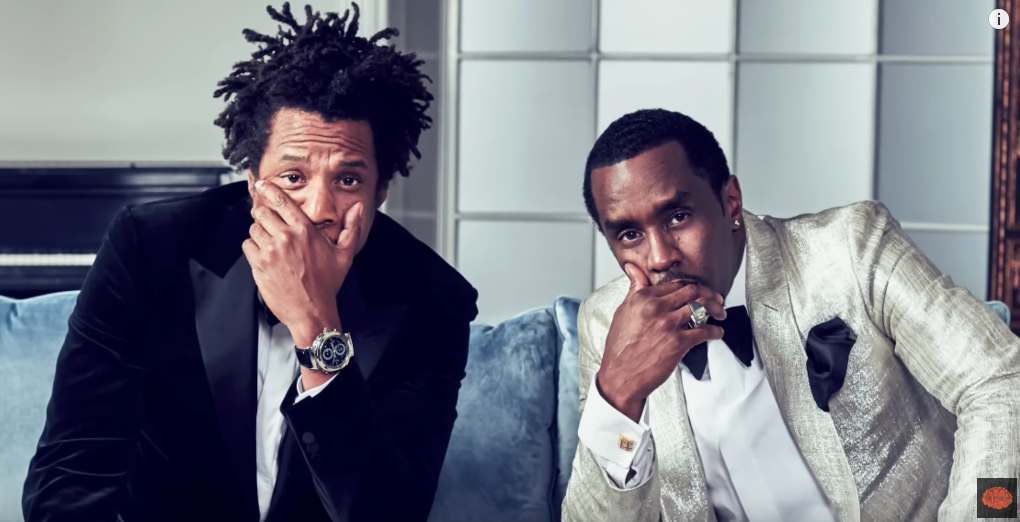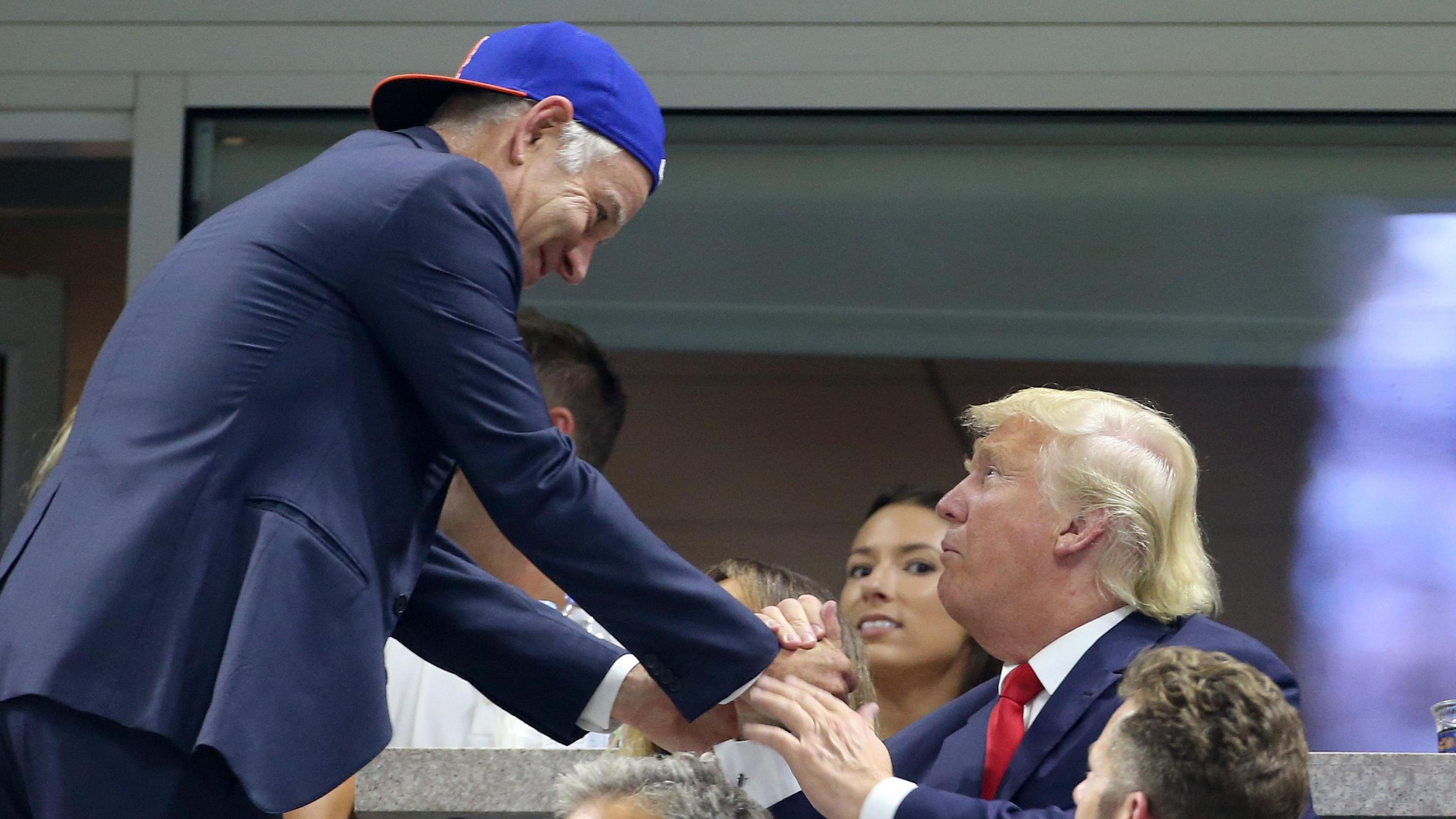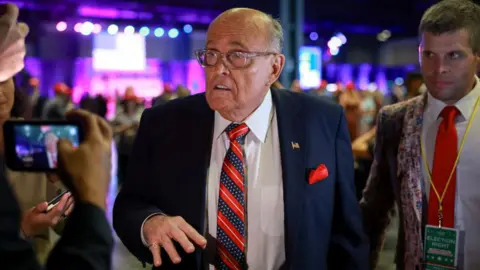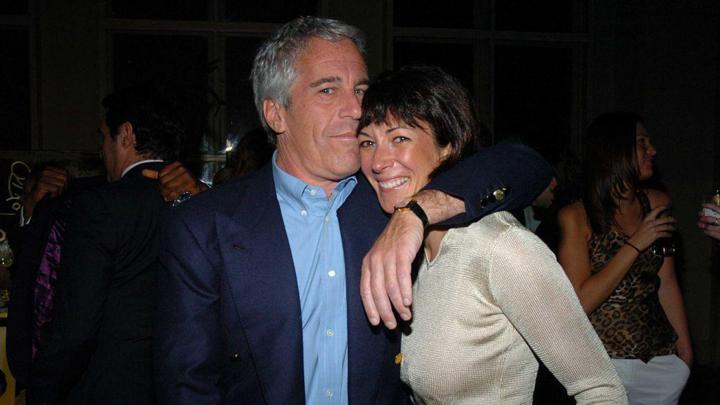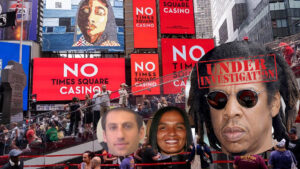In a high-profile federal trial, Sean "Diddy" Combs was acquitted of racketeering and sex trafficking charges while being found guilty of a lesser charge related to transporting individuals for prostitution. The verdict was reached after a two-month trial, during which the prosecution accused Combs of leveraging his celebrity status to establish a criminal enterprise involved in sex trafficking and related crimes.
The jury deliberated for 13 hours, ultimately deciding to clear Combs of three out of five serious charges. Although he admitted to past domestic violence, he denied engaging in non-consensual acts or operating a more extensive racketeering scheme. Emotions ran high in the courtroom as the verdict was announced. Observers noted Combs visibly shaken and praying before leaving the court.
The jury had earlier indicated difficulty reaching a verdict on the racketeering charge, suggesting deep divisions in their opinions, particularly given the complexity of the charge under the Racketeer Influenced and Corrupt Organizations Act (RICO). Prosecutors aimed to prove that Combs orchestrated a network, involving staff members, to conduct illicit activities, including sex trafficking and coercive practices against women.
Throughout the trial, more than 30 witnesses provided testimony, including Combs’ ex-girlfriend, Casandra Ventura, who recounted instances of coercion and violence, including a notable incident captured on video. The defense acknowledged Combs’ violent history but maintained that his actions stemmed from personal issues rather than being indicative of a broader criminal conspiracy.
Combs now faces the potential for civil lawsuits alleging sexual assault and violence as his reputation also continues to suffer. As the founder of Bad Boy Records, Combs has played a significant role in shaping the hip-hop landscape, but this chapter raises serious questions about celebrity conduct and accountability.
Furthermore, the verdict marks a significant moment in the ongoing conversation around consent, coercion, and the implications of celebrity power dynamics, leaving many observers contemplating the broader societal implications.

